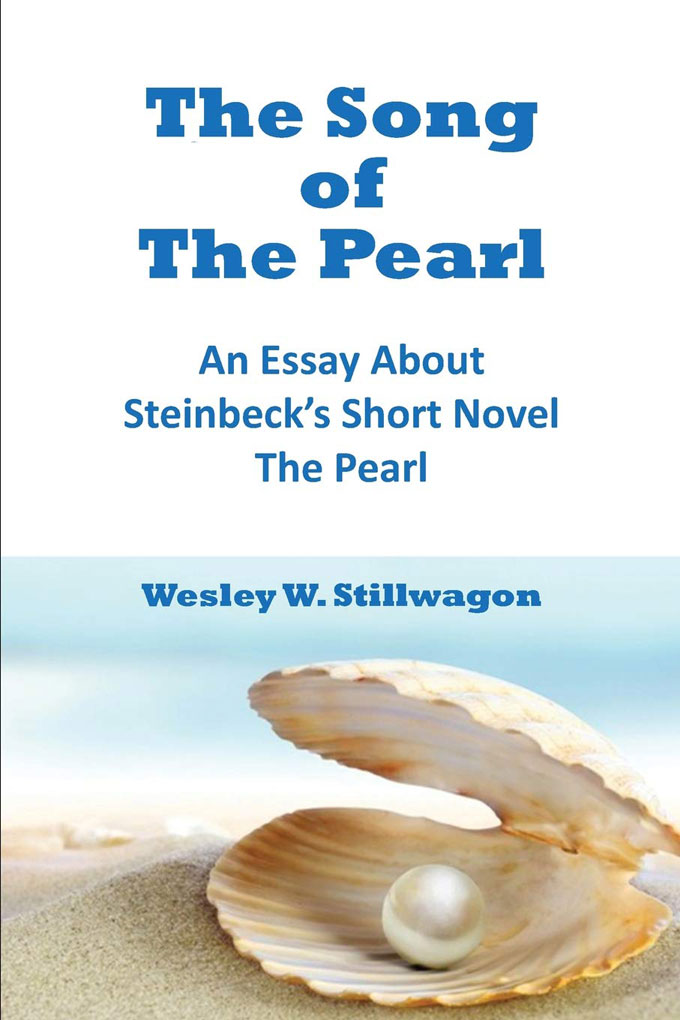I was recently asked to consider writing an essay about Steinbeck’s short novel The Pearl to be included in a text series for secondary and undergraduate English education. Frankly The Pearl wasn’t one of my favorite Steinbeck books, and I couldn’t imagine I would be able to come up with 20 pages on the short novel. But the more I reread it, the more the subject of the Song of the Pearl kept nudging my interest. I became curious about Steinbeck’s specifying a “song” as opposed to a musical note, chord, or phrase. I knew he was interested in classical music, and I believed his choice of the word “song” was important to the story. But the publisher’s formatting specifications were overwhelming and I couldn’t decide how to reduce the content to fit within the length requirements, so I decided to publish it elsewhere. I believe doing so is important to my personal mission to support the practical and scientific psychology of Carl Jung and William James as it was deftly applied by John Steinbeck in his fiction and non-fiction. The Song of the Pearl is about personal styles, levels of maturity, attitudes, and how such things influence individual perception, judgment, decision-making, problem-solving, and social bodies like the small indigenous coastal village of the central character in the novel.
- Home
- Books
- Life
- Music & Media
- Places & Events
- Politics & Religion
- May 2, 2024
About John Steinbeck

Most read American writer of the 20th century. Born in California. Died in New York. Romantic. Realist. Rebel. More about John Steinbeck
FacebookTwitterLinkedInGoogle+ PinterestMySpaceStumbleUponYouTubeStay In Touch
Receive email updates and stay in touch with SteinbeckNow.com
Recent Posts
- New Video from San Jose State University on John Steinbeck: A Writer’s Vision
- Celebrate! Western Flyer Returns to Monterey Bay
- Henry Fonda’s Daughter, Jane Fonda, to Receive 2023 John Steinbeck Award
- A Chance Christmas Dinner with John Steinbeck in 1947
- Saved! John Steinbeck’s Retreat in Sag Harbor
- Celebrating Woody Guthrie’s Grapes of Wrath Connection
- John Steinbeck Haunts Malcolm Harris’s Palo Alto
- San Jose State Hosts Steinbeck Conference
- For John Steinbeck, the Rains in Pajaro Hit Home
- Photo Inspires Sumi Ink Portrait by Eugene Gregan


Bravo Wes, what a creative and insightful contribution to the inner workings of John Steinbeck through your publication. I enjoyed the freshness of your presentation and the inspiration you brought to the telling of this story. You are a master at interpreting Carl Jung’s influence on Steinbeck as he developed his story lines and characters. I have enjoyed all of your writings and look forward to more in the near future.
Jim Kent
Thanks Jim, It has been an honor to have your friendship over the last few decades. I’ve learned a lot from you as well.
Wes